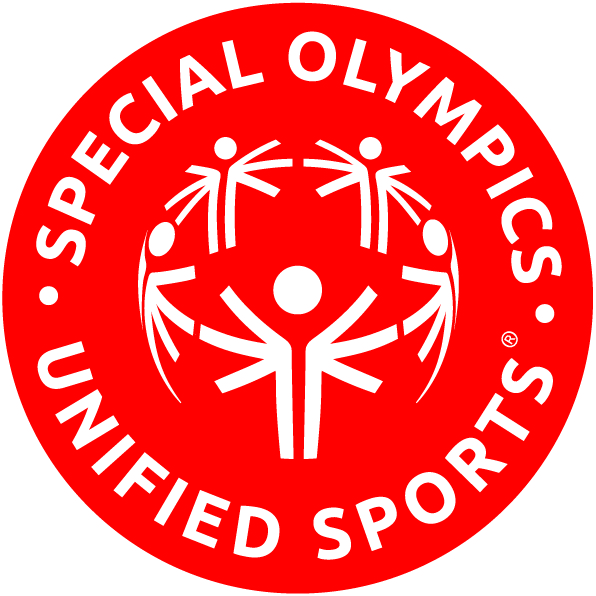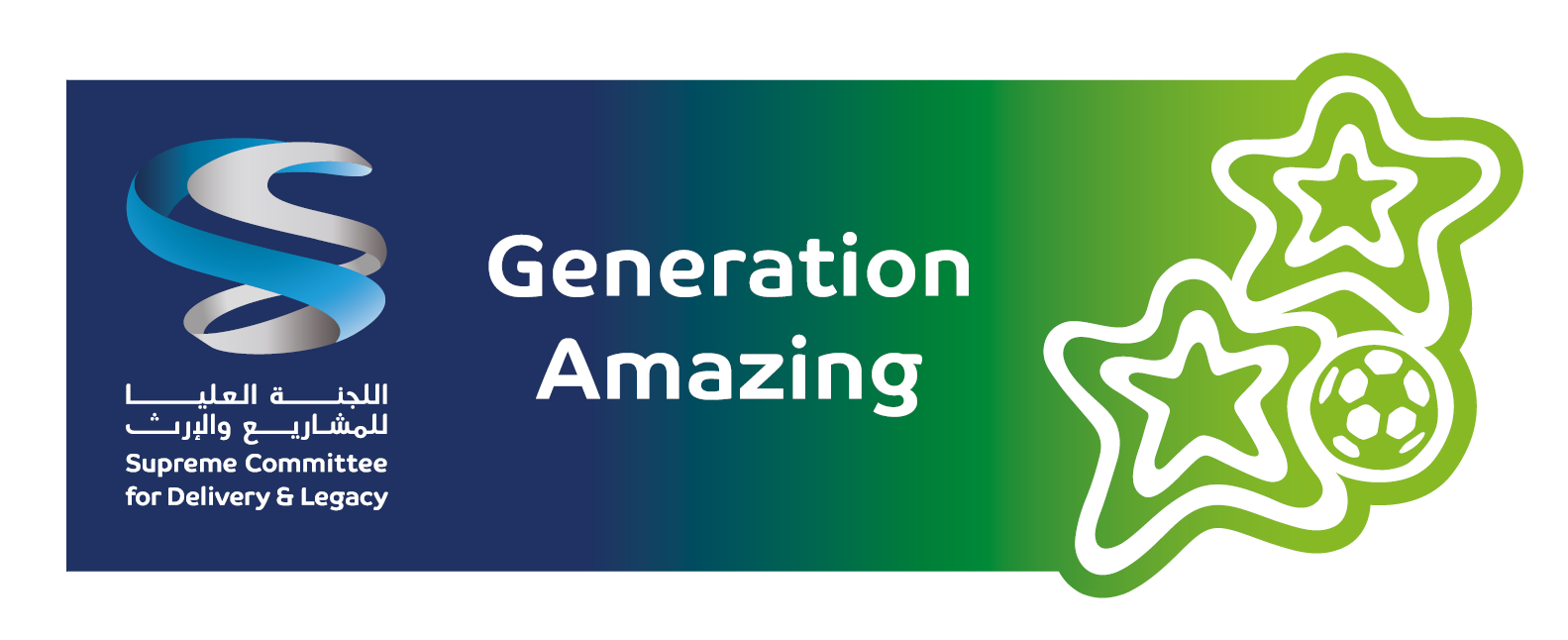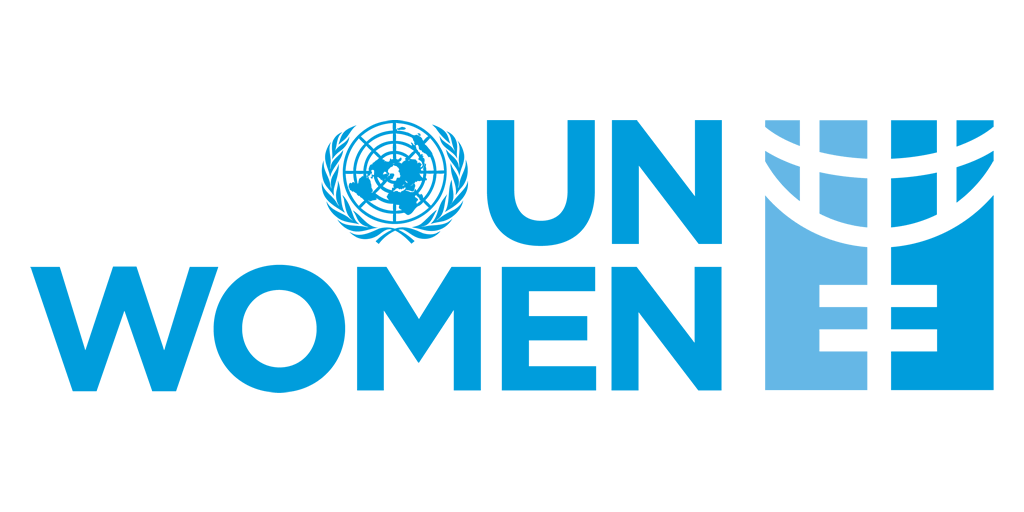With Red Cross and Red Crescent Societies as auxiliaries to public authorities in the humanitarian field, they have a special responsibility to support their authorities to develop policies that protect vulnerable people, particularly from disasters and crises. The PGI Team is refining an evidence-based approaches to learning, and advocacy that draw on overlapping efforts from volunteers, the communities we serve, academia and other sectors within the IFRC Network. Much of this work is driven by strong cooperation and sharing good practices with closely related approaches and sectors, such as CEA, MHPSS and Better Programming Initiative.
Furthermore, partnerships with organisations outside the Movement will continue to be developed and strongly encouraged, in order to benefit from their experience and expertise. In particular organisations that are for and led by excluded and marginalised people, such as disabled persons organisation, women’s groups, male engagement organisations and organisation for sexual and gender-minorities, racialised people and ethnic minority ethnic groups, and indigenous people. These partnerships can greatly add to National Societies’ capacity to meaningfully and effectively address the issues described in this Framework. As well as partnerships with organisations where we share a common goal and collectively make a great difference – such as existing partnerships with UNICEF, UNWOMEN, the Special Olympics, and Qatar’s Generation Amazing.
Lastly, continuing and scaling up our engagement with external and inter-agency coordination mechanisms on PGI related issues will be crucial in the coming five years. This will allow us to share more effectively the contribution of the IFRC Network with the wider humanitarian and development communities. It will also increase the understanding and effectiveness of the IFRC Network to address PGI, by learning from the practice and experience of partners in forums such as IASC coordination mechanisms, the Global Protection Cluster (including its dedicated groups on Gender-Based Violence, Child Protection and Trafficking in Persons) any many others - at national, regional and global level.



We aim to systematically capture and disseminate lessons learned from our operations, advocacy and programming across the IFRC Network. We foster opportunities for peer-to-peer support and host a variety of forums that enable the development and co-design of new ideas to ensure we learn from practice.


